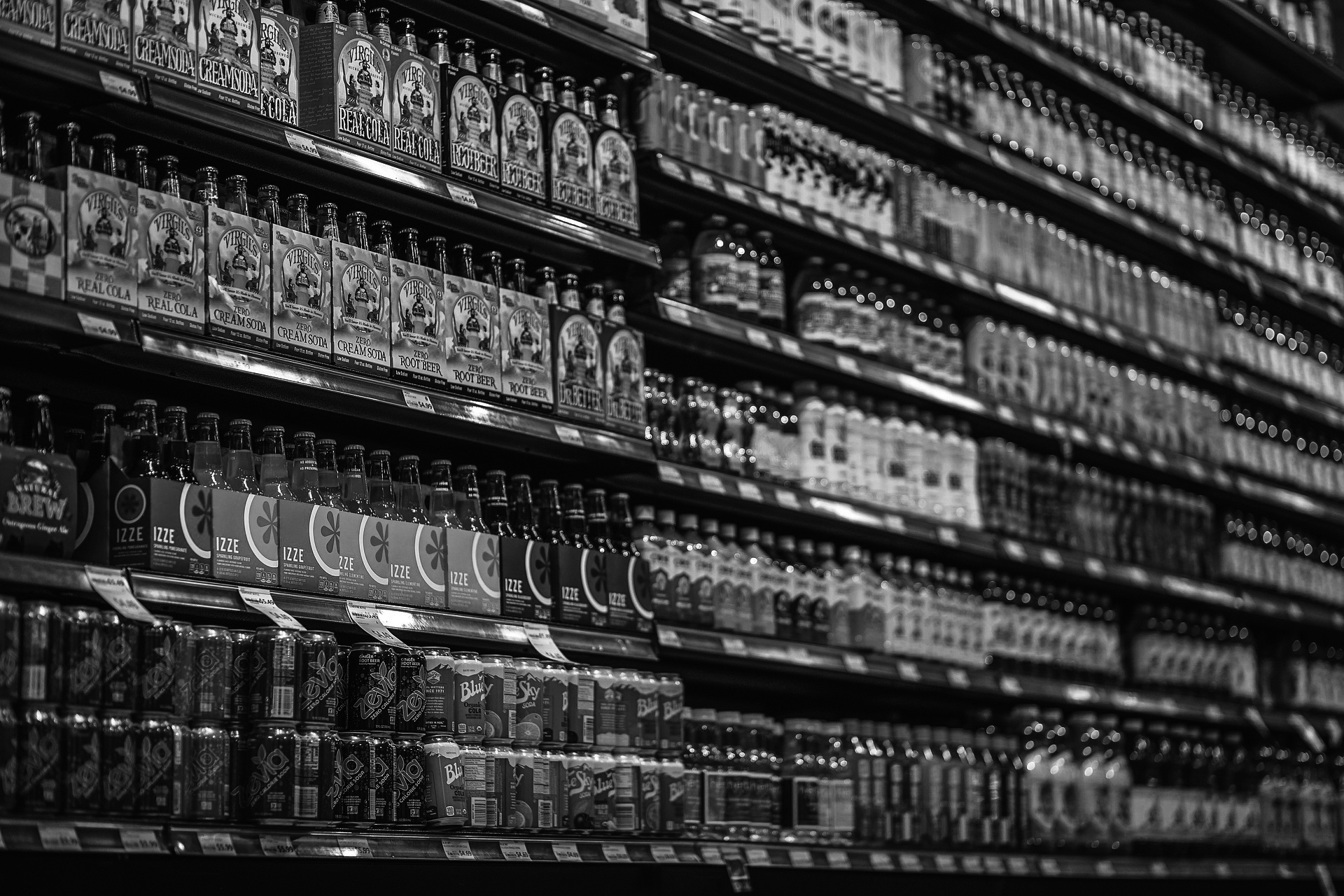Consumer price inflation in the UK slowed for the first time in nearly a year in August. A fall in petrol prices helped slow the overall rate but food prices continue to rise rapidly. But even with a slowdown to 9.9%, from 10.1% in July, inflation still remains close to the highest its been for a generation.
After inflation hit double digit rates earlier this year for the first time since the 1970s, many looked back to compare what’s happening now with what happened then. But this comparison is problematic because it’s not just hairstyles and fashions that have changed over the past 50 years.
Consumer habits are also very different and that means inflation will have a different effect on how people spend and save, not to mention the products they buy, this time around.
For starters, markets are very different today compared with the 1970s. The internet and globalised supply chains have encouraged competition from multiple sources, with people no longer limited to the goods and services that are available locally. Economies are also increasingly based on services, rather than goods, while definitions of essential versus discretionary spending have changed.
Another major change is the deregulation of many state-provided monopoly services since the 1970s. Regardless of whether or not you think this has benefited society, it enables greater price competition.
For example, instead of a monopoly parcel service – the Post Office – passing on increased costs knowing that customers have little alternative, competition between providers such as Parcelforce, Hermes and DPD, among others, can help to keep prices low.
But there are certain product changes that businesses can and do make to try to quietly fold increased costs into prices. Here are three to look out for:
1. Value products
Unsurprisingly, sales of retailers’ “own label” groceries tend to rise when disposable income falls. In line with this, shops and supermarkets have responded to recent inflation by promoting “basic” or “essentials” ranges at low price points. This also happened in the 1970s.

























